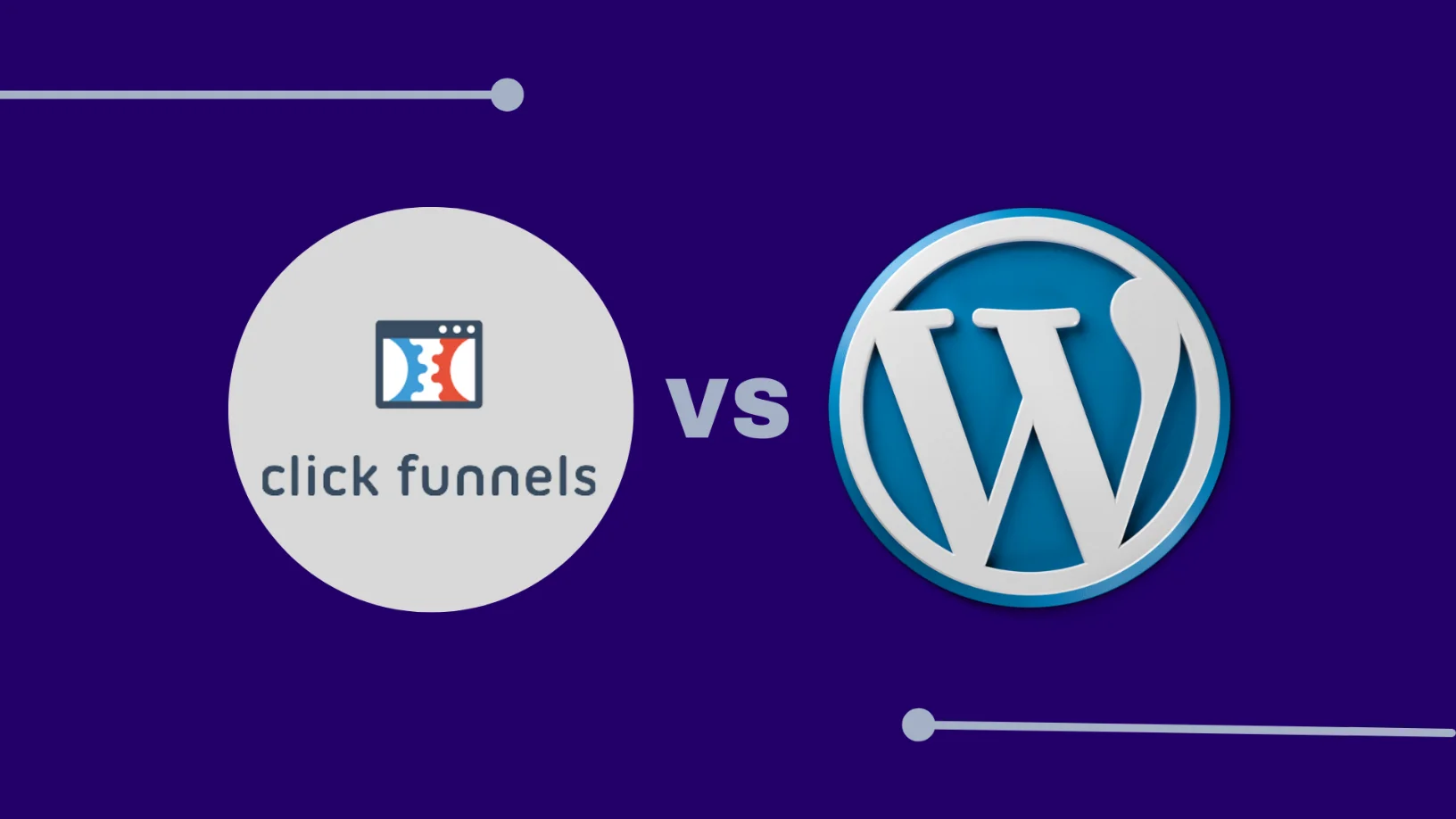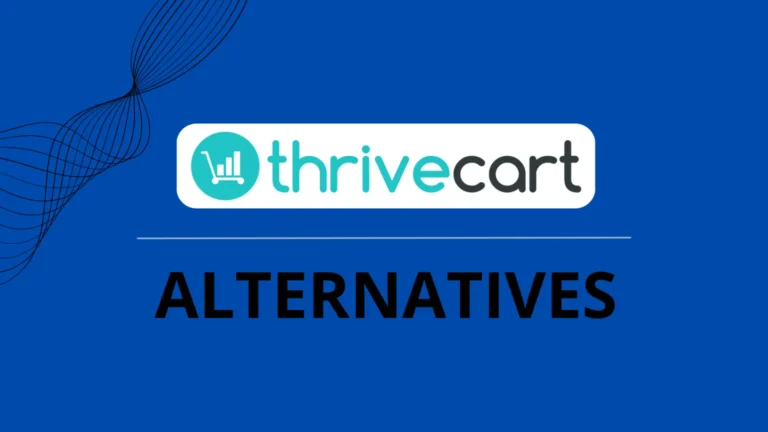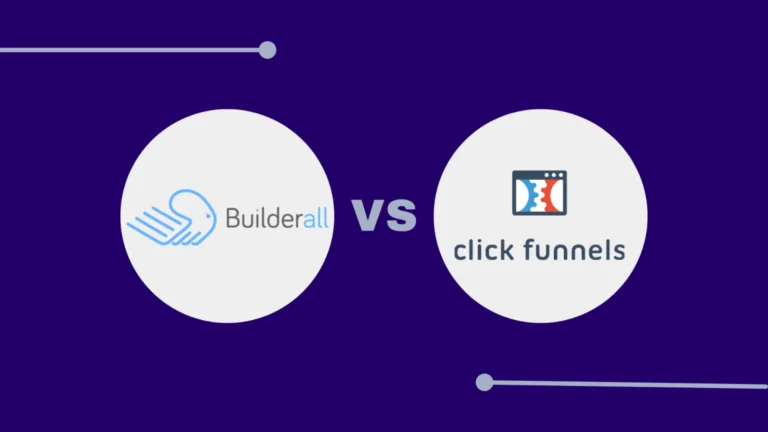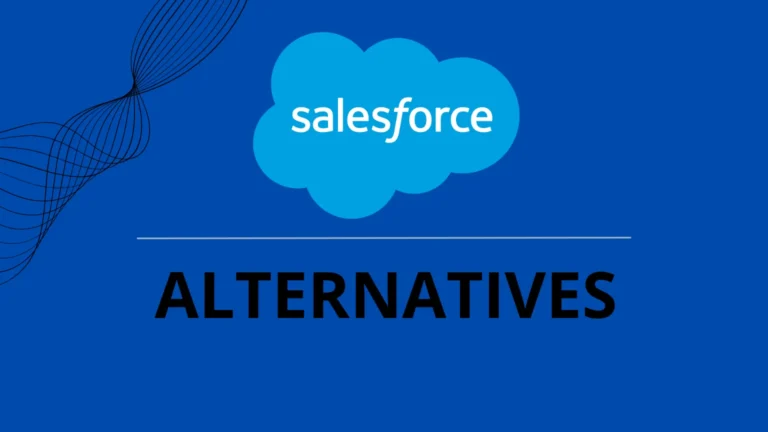Building a strong online presence is crucial for any business, and the platform you choose plays a significant role. Two of the most talked-about options are ClickFunnels and WordPress. Each caters to different needs—ClickFunnels focuses on creating sales funnels, while WordPress is a versatile content management system (CMS) capable of building anything from blogs to e-commerce websites.
As a professional, I’ve worked extensively with both platforms, and each has its strengths and limitations. In this article, I’ll give you an in-depth look at ClickFunnels vs WordPress, covering their features, pros, cons, and key differences to help you choose the best one for your business.
Quick Navigation ↓
What is ClickFunnels?
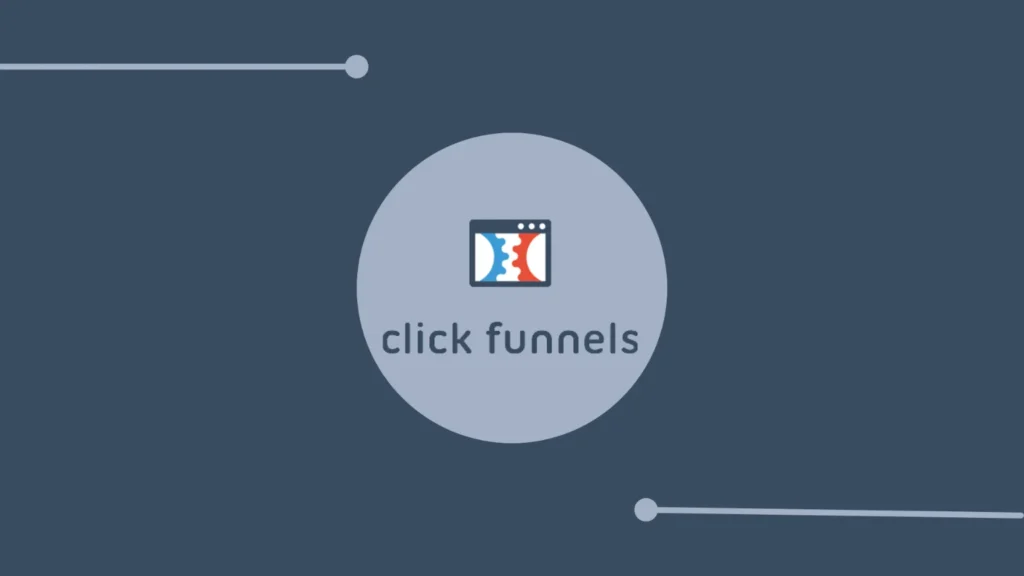
ClickFunnels is a platform specifically designed for creating sales funnels. It simplifies the process of converting website visitors into leads and customers, offering tools for lead generation, upsells, downsells, and email marketing—all in one place.
Key Features:
- Drag-and-drop funnel builder.
- Pre-built funnel templates for various industries.
- Email marketing and automation tools.
- Integrated payment gateways.
- Analytics to track funnel performance.
Best For: Entrepreneurs, coaches, small business owners, and marketers focused on driving conversions through optimized sales funnels.
What is WordPress?
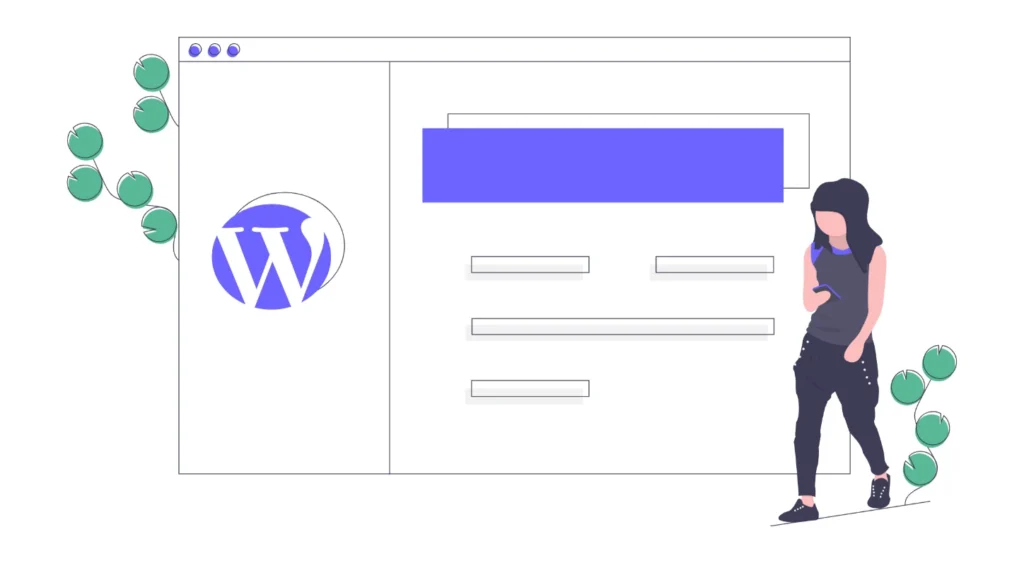
WordPress is an open-source CMS that allows you to create a wide variety of websites, from blogs and portfolios to e-commerce stores and corporate sites. It’s highly flexible and powers over 40% of all websites worldwide.
Key Features:
- Vast library of themes and plugins for customization.
- Integration with SEO tools like Yoast and Rank Math.
- Support for e-commerce through plugins like WooCommerce.
- Full control over hosting, design, and functionality.
Best For: Businesses and individuals looking for a customizable and scalable website solution with control over every aspect of their site.
Pros and Cons of ClickFunnels
Pros
- Ease of Use: ClickFunnels’ drag-and-drop editor is intuitive, requiring no technical skills to build effective sales funnels.
- All-in-One Platform: It eliminates the need for multiple tools, offering hosting, email marketing, and funnel templates in one package.
- Optimized for Conversions: ClickFunnels is specifically designed to guide visitors through a buyer’s journey, maximizing conversions with features like upsells and A/B testing.
- Fast Implementation: Pre-built templates make it easy to launch a funnel in hours rather than days or weeks.
Cons
- High Cost: Plans start at $147/month, which can be expensive for startups and small businesses.
- Limited Design Flexibility: While the templates are professional, customization options are restricted compared to WordPress.
- Vendor Lock-In: Since ClickFunnels hosts your funnels, migrating away can be challenging if you decide to switch platforms.
Pros and Cons of WordPress
Pros
- Unlimited Flexibility: With WordPress, you can create virtually any type of website, including blogs, e-commerce stores, and membership sites.
- Extensive Plugin Ecosystem: Over 60,000 plugins allow you to add advanced features like SEO, email marketing, and analytics.
- Ownership and Independence: Unlike ClickFunnels, WordPress gives you complete control over your data, hosting, and website design.
- Cost-Effective: WordPress is free to use; you only pay for hosting and premium themes or plugins if needed.
Cons
- Learning Curve: While WordPress is user-friendly, beginners may find it more challenging than ClickFunnels to set up and maintain.
- Requires Additional Tools: You’ll need plugins or external services for email marketing, payment processing, and advanced analytics, which can complicate the setup.
- Ongoing Maintenance: Regular updates to plugins, themes, and the WordPress core are necessary to keep your site secure and running smoothly.
Key Differences Between ClickFunnels and WordPress
1. Purpose:
ClickFunnels: Tailored for creating sales funnels and driving conversions.
WordPress: A CMS that supports a wide range of website types, from blogs to online stores.
2. Customization:
ClickFunnels: Limited to its built-in tools and templates.
WordPress: Fully customizable with themes, plugins, and custom coding.
3. Cost:
ClickFunnels: Starts at $147/month with all features included.
WordPress: Costs vary based on hosting (as low as $5/month), themes, and premium plugins, making it more budget-friendly.
4. Hosting and Ownership:
ClickFunnels: Hosting is included, but you’re dependent on their platform.
WordPress: You choose your hosting provider, giving you full ownership of your website.
5. Ease of Use:
ClickFunnels: Extremely beginner-friendly, with minimal setup required.
WordPress: Requires more effort to learn and maintain but offers greater flexibility in return.
N.B.: The prices of any plan may change over time. Visit each platform’s official website for the most up-to-date information.
Which Platform is Right for You?
Choose ClickFunnels If:
- You’re focused solely on creating sales funnels and improving conversions.
- You need an all-in-one solution without juggling multiple tools.
- You’re willing to pay for simplicity and convenience.
Personal Insight: I’ve used ClickFunnels for clients running limited-time campaigns or needing quick funnel setups. Its intuitive interface and ready-made templates saved both time and effort, but the costs added up for long-term use.
Choose WordPress If:
- You want a highly customizable and scalable website.
- You’re building a content-heavy site like a blog or an online store.
- You’re comfortable managing hosting and plugins or can hire someone to do so.
Personal Insight: WordPress is my preferred choice for long-term projects. For instance, I built an e-commerce site for a client using WooCommerce, and the flexibility allowed us to integrate advanced features like custom shipping calculators and multi-language support.
Can You Use Both?
Yes, some businesses use both platforms for their unique strengths:
- Use ClickFunnels for sales funnels and lead generation.
- Use WordPress as your main website or blog platform.
For example, you could link your WordPress blog to a ClickFunnels landing page to capture leads or drive traffic to a product funnel.
Final Thoughts
Choosing between ClickFunnels and WordPress ultimately comes down to your goals and resources. ClickFunnels excels in simplicity and conversion-focused tools, making it perfect for short-term campaigns or businesses that rely heavily on sales funnels. WordPress, on the other hand, offers unparalleled flexibility and control, making it ideal for those looking to build a comprehensive online presence.
From my experience, both platforms are exceptional in their own right. If you prioritize speed and conversions, go for ClickFunnels. But if you want a versatile and cost-effective solution with room to grow, WordPress is your best bet.
If you’re still unsure, feel free to share your project details in the comments, and I’d be happy to help guide you further!

